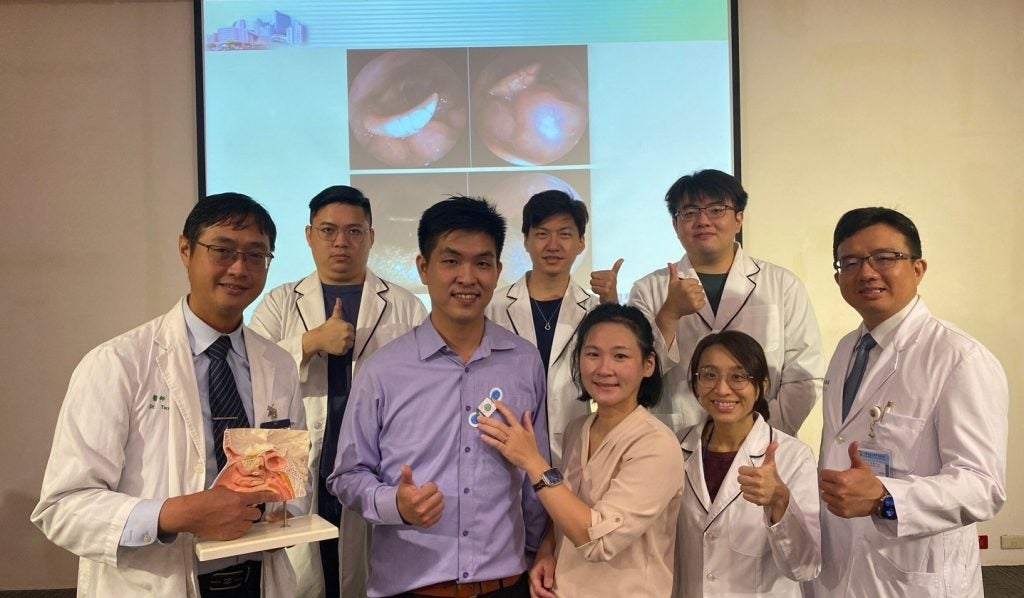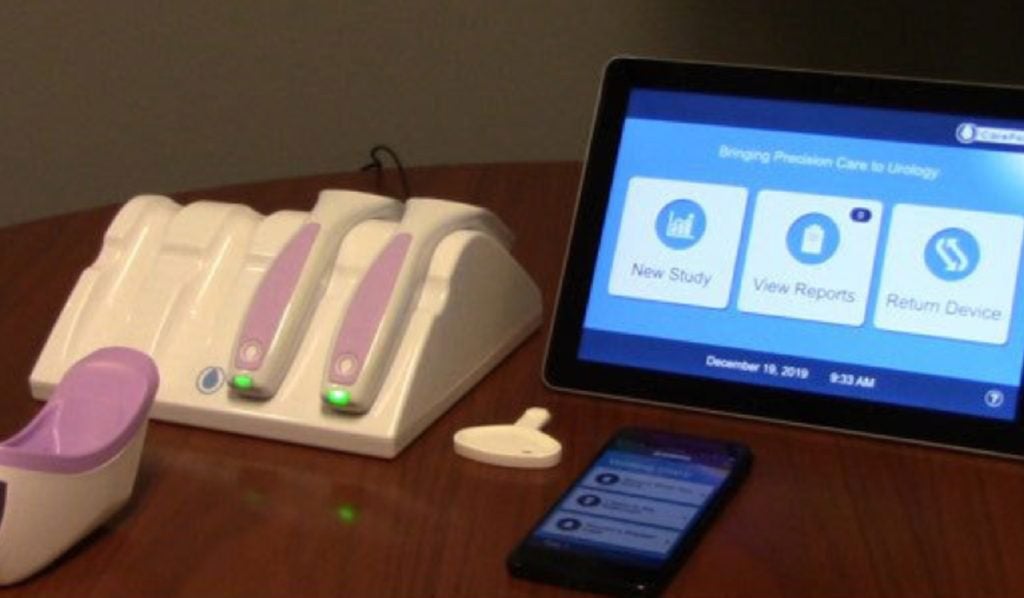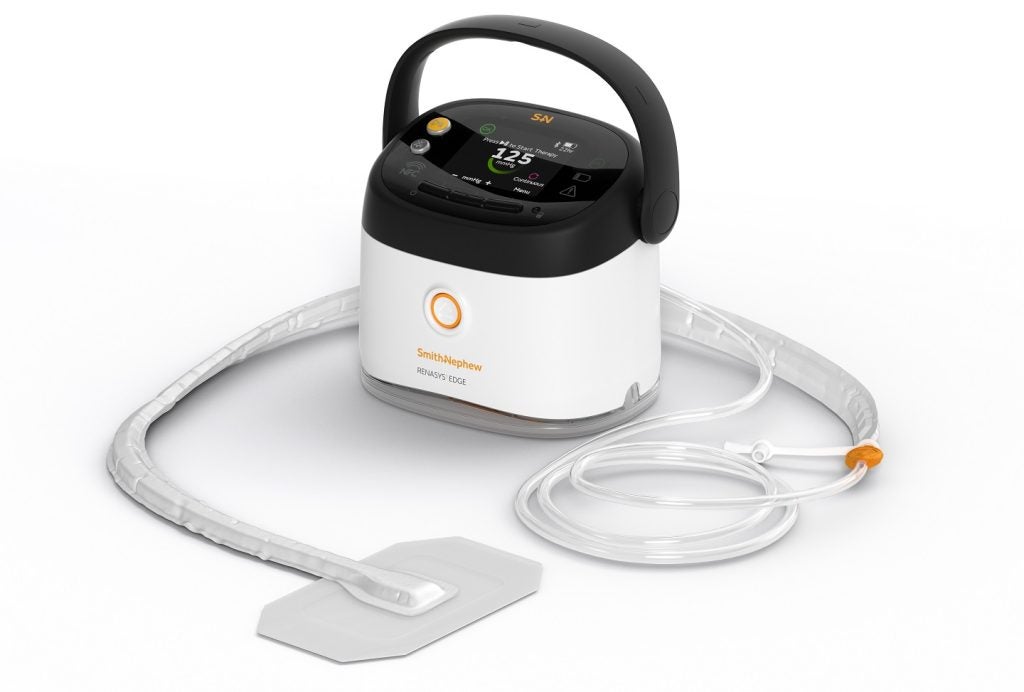Proteomics diagnostics company Key Proteo is seeking de novo classification from the US Food and Drug Administration (FDA) for its Key Proteo Newborn Screening Kit.
The vitro diagnostic panel is designed to detect four rare genetic disorders that are not typically covered by existing newborn screening programmes: Wilson Disease, Wiskott-Aldrich Syndrome, X-linked Agammaglobulinemia, and Adenosine Deaminase Deficiency.
Key Proteo said the submission of a de novo classification request is backed by a pilot study involving over 22,000 newborn samples in Washington state and a comprehensive clinical study with 3,294 newborn samples that were analysed across three North American sites.
The company's focus extends to nearly 100 treatable genetic disorders that may be compatible with its proteomics platform.
While Key Proteo’s Newborn Screening Kit 1 awaits FDA clearance, it is currently available for research use only.
Key Proteo president and CEO Mark Willig said: “We are excited to lead the charge towards changing the clinical course of treatable rare genetic disorders that are currently being missed.
“Enhanced early screening is key to enabling clinical interventions that can significantly help reduce morbidity and mortality.”
Key Proteo is also establishing a CLIA-certified lab to support newborn screening efforts across various healthcare facilities.
Last year, the company closed $5m in a Series A financing round to accelerate regulatory pathways for obtaining clearance from the FDA for the first four genetic disorders targeted on its test menu.
The financing round was led by BRV Capital Management, Ignite Innovations and Mint Venture Partners.













